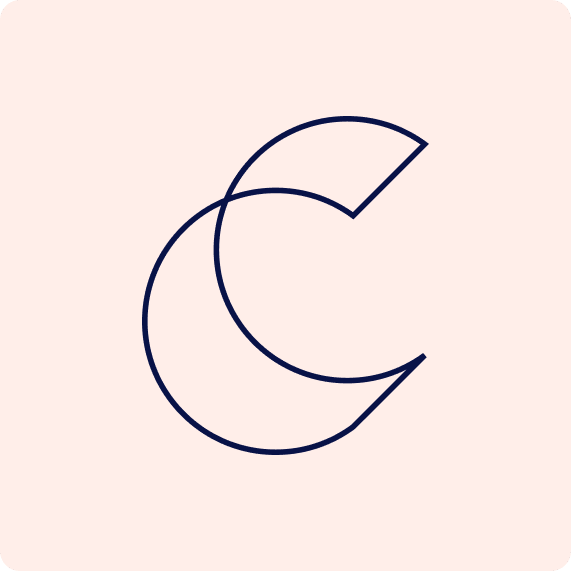This is a question I get a lot (and often ask myself): how do you “optimize” a page for a target keyword? And what does that really mean?
Google is far more advanced than simply looking for a keyword a set number of times in a page. Rather than focus on things like keyword density (how often a specific keyword appears compared to other words), I like to optimize/align my content in the following areas:
- The intent behind the keyword
- Synonyms for the keyword
- Core pieces of the page to align with the keyword
This guide will take you through each of those steps.
Optimize for search intent
Search intent refers to the motivation behind someone's search - what they're really trying to accomplish when they type something into a search engine.
Think of it as the "why" behind the search, rather than just the "what." Understanding search intent is important because it helps you create content that genuinely answers users' questions and meets their needs. There are four main types of search intent:
- Informational (wanting to learn something)
- Navigational (looking for a specific website)
- Commercial (researching products or services before buying)
- Transactional (ready to make a purchase).
For example, let's look at searches related to cameras: "how do DSLR cameras work" is informational, "Canon website" is navigational, "best DSLR cameras for beginners" is commercial, and "buy Canon EOS Rebel T7" is transactional.
Before writing a piece of content, take a step back to assess the intent behind the keyword - what is your target audience looking for?
Centori can help here:

But I also like to reference the search results page (SERP) features. Lots of ads or product listings signify commercial intent, while “People Also Ask” and featured snippets generally signify informational intent.
Optimize for synonyms of a target keyword
While it’s helpful to frame a piece of content around a core keyword, you’re not just going to rank for that keyword - hopefully, you will rank for the many variations of that keyword.
This is the No. 1 reason I ignore search volume, even the “low volume” keywords can be searched in a number of ways which adds up to hundreds (or thousands) of searches per month.
For example, here are the keyword variations a page targeting “what to do after keyword research” ranks for:

When targeting a keyword, assess the variations, related questions, and follow-up questions that are worth answering. This will ensure your content is comprehensive.
Where to “use” your keyword on the page
While using your keyword an exact number of times on a page does not (really) matter, I find that it’s important to use your core keyword and variations in the following places:
- The title: Make sure your title is clearly aligned with the intent behind the search too. Your target reader may be quickly scanning search results, so the clearer your title is the better.
- H2 and H3 headings: Focus especially on using variations of your core keyword in the H2 and H3 headings and align them with the secondary searches for your audience on the topic.
For example, if I have a core keyword “beginner’s guide to keyword research” the title should be “The Beginner’s Guide to Keyword Research - Our Step-By-Step Process” and H2 headings might be:
- What is keyword research?
- The steps to do keyword research
- The best keyword research tools
And that’s it. I don’t bother with “use the keyword in the first 100 words” or “use the keyword x number of times” because I’ve found that matters far less than:
- Creating good, authoritative content
- Ensuring the content is clear
- Making the content as helpful as possible
If you do those 3 things, you’ll naturally use the keyword enough to optimize for it.
